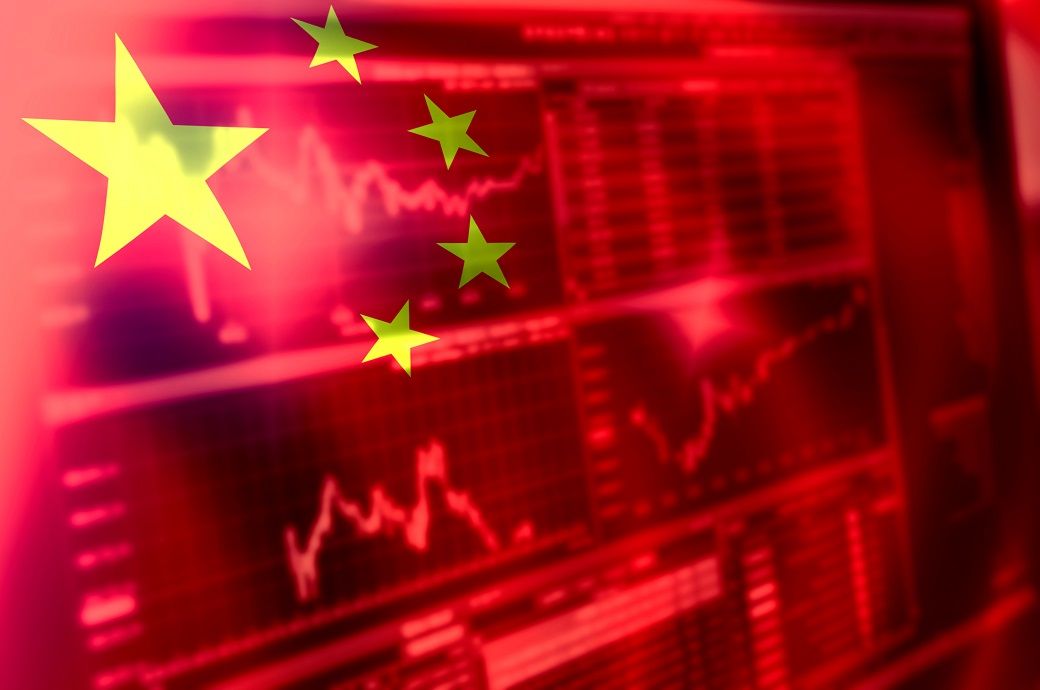
It believes the Vietnamese government’s policy response will be important in determining cross-sector credit outcomes under a scenario where US tariffs on Vietnamese goods rise sharply.
In a report titled ‘Vietnam Cross-Sector Credit Risks from US Trade Exposures’, the rating agency projected that the country’s economy will grow by 6.1 per cent a year on an average in 2025-26 under its baseline assumptions, supported by solid export momentum and increased public investment and services activity.
Strong growth prospects are credit positive for Fitch-rated issuers in Vietnam, either directly or indirectly via its assessments of the potential for extraordinary sovereign support and growth’s influence on the sovereign rating.
However, Vietnam’s exports and economic prospects could be vulnerable if the United States raises tariffs sharply on imports from Vietnam.
Vietnam’s exports to the United States are larger as a share of gross domestic product (GDP) than those of Mexico and Canada, and it appears particularly exposed to the risk of US trade actions, as its goods trade surplus with the United States is large and has risen markedly in the last decade, Fitch noted.
It believes at least some of this increase—in combination with its large trade deficit with China—represents a rerouting of trade in the wake of tariff increases imposed by the United States on Chinese imports under President Donald Trump’s first term from 2017-2021.
Fitch believes the Vietnamese government has policy options that could mitigate the economic hit from US tariffs.
However, these policies would be likely to also have other, potentially less positive credit effects, it added.
ALCHEMPro News Desk (DS)
Receive daily prices and market insights straight to your inbox. Subscribe to AlchemPro Weekly!